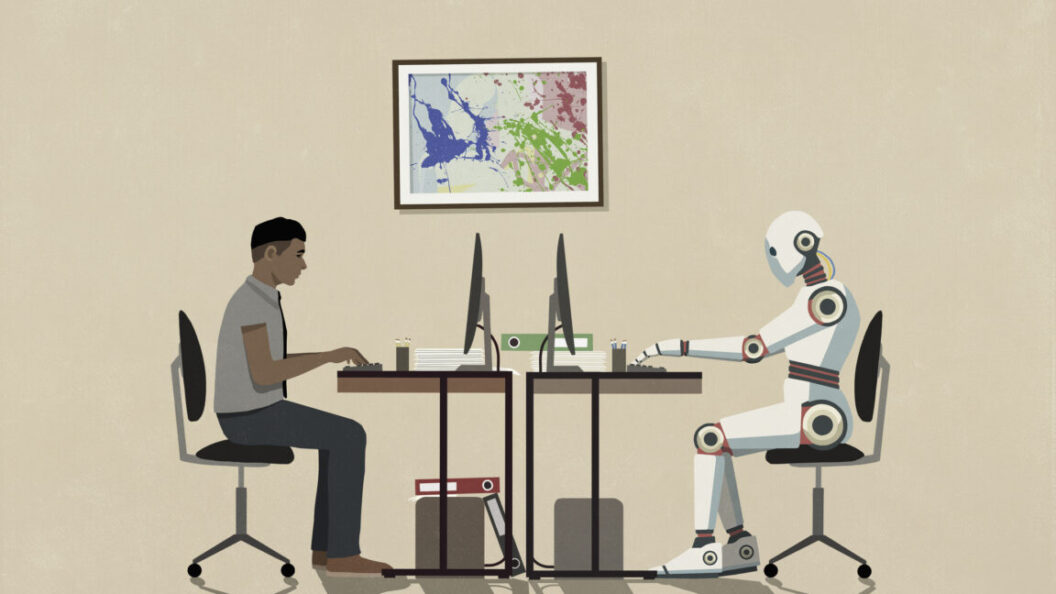Concerns Rise Over AI File Creation Feature Amid Security Issues
A recent development in artificial intelligence has sparked concerns regarding security vulnerabilities associated with file creation features in Anthropic’s Claude AI. Independent researcher Simon Willison highlighted these issues on his blog, critiquing the company’s approach to user safety and the inherent risks posed by these tools.
Anthropic’s Mitigation Strategies
Anthropic is taking steps to address potential security risks with the Claude AI. For its Pro and Max users, the company has disabled public sharing of conversations that utilize the file creation feature. Additionally, for Enterprise users, Anthropic has implemented sandbox isolation to ensure that environments are not shared among users, significantly limiting the risk of data breaches.
To further bolster security, Anthropic has restricted each task’s duration and container runtime to prevent malicious activity loops. For Team and Enterprise administrators, a specific allowlist of domains accessible to Claude has been developed, including well-known sites such as api.anthropic.com, github.com, registry.npmjs.org, and pypi.org. The company emphasizes that data leakage can only occur through user prompts or projects activated by individual users.
According to Anthropic’s documentation, a "continuous process for ongoing security testing and red-teaming" is in place to ensure the safety of these features. The company advises organizations to assess these mitigations against their own security requirements before enabling the feature.
Safety Concerns and Prompt Injection Vulnerabilities
Despite these efforts to increase security, Willison urges caution when using this feature, especially with sensitive data. He expressed wariness about the potential for prompt injection vulnerabilities, which could lead to unintended data leaks. "I plan to be cautious using this feature with any data that I very much don’t want to be leaked to a third party," he stated on his blog.
This caution is underscored by recent concerns raised with Claude for Chrome, introduced as a research preview last month. Enterprise clients considering Claude for confidential documents may find Anthropic’s willingness to launch with known vulnerabilities troubling. It appears that the competitive pressures in the AI landscape may be overshadowing essential security considerations.
Willison has criticized what he calls a "ship first, secure it later" mentality among AI developers, which has led to frustration among experts. He has penned numerous discussions on prompt injection vulnerabilities—a term he coined—indicating that these issues remain prevalent even three years after they were first publicly acknowledged.
The Ongoing Debate Over AI Security
In a reflective entry from September 2022, Willison warned that "there may be systems that should not be built at all until we have a robust solution." The lingering vulnerabilities today suggest that these systems have indeed been developed, even with insufficient safeguards in place.
The current landscape reveals a complex interplay between innovation and security—a balance that many AI developers must navigate. Willison’s continuous emphasis on the "horrifying" state of AI security raises critical questions about the long-term implications of deploying such technologies before fully addressing their potential risks.
Conclusion: A Call for Responsible Development
As AI technologies evolve and find their place in various industries, the debate surrounding security and ethical considerations remains vital. Anthropic’s proactive measures are commendable but underscore the necessity for ongoing observations and evaluations by users. As organizations increasingly rely on AI for sensitive tasks, the potential consequences of security oversights could be significant.
The situation emphasizes not only the importance of robust security protocols but also the ethical obligation to prioritize user safety in the rush to innovate. As the AI landscape continues to develop rapidly, investing in secure, reliable systems will be essential to fostering trust and reliability in this transformative technology.










